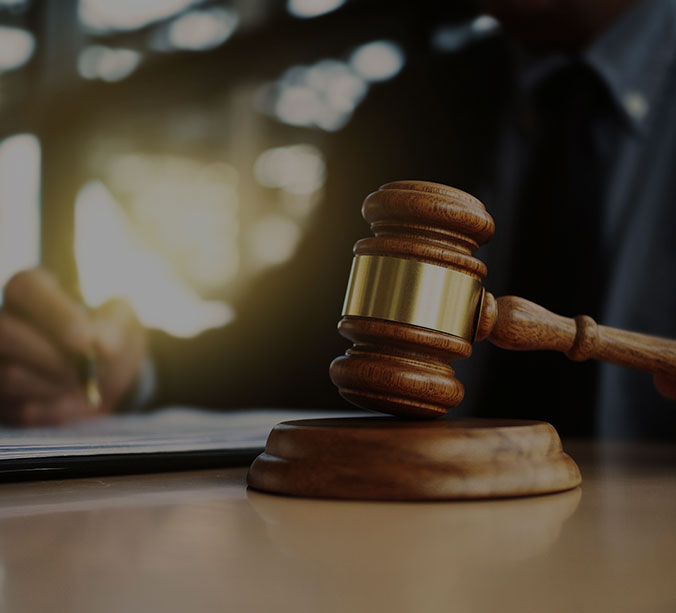A basic understanding of criminal procedure can help you achieve clarity and peace of mind. Additionally, your Philadelphia criminal defense attorney will have knowledge of the pre-trial process, beginning with Pennsylvania’s preliminary and formal arraignments, can make a significant difference in your case’s outcome.
What Happens During The Preliminary Arraignment
In Pennsylvania, criminal suspects are brought to the District Court within 72 hours of their arrest. This first appearance in court is called a preliminary arraignment. The judge will read the charges against you, inform you of your rights to have a lawyer and then set your bail. The judge will consider several factors in setting your bail such as your criminal history, occupation, and ties to the community.
If the court thinks you are dangerous or not likely to attend subsequent hearings, the court will set your bail at a high dollar amount. If you present a severe risk of flight, the possibility of bail will be removed and you will have to stay in jail until the end of the criminal proceedings. Offenders who present a lower risk will receive a low bail amount or in some cases an ROR (release on your own recognizance), which means you won’t have to post bail to be released. If you can’t post bail, you may have to wait in jail until the outcome of your trial.
The judge will also schedule your preliminary hearing, which will take place between 3 and 10 days after the preliminary arraignment. At the preliminary hearing, the judge will consider whether the prosecutor has enough evidence to connect you with the crime in question. This may also be the first opportunity to negotiate a plea agreement with the district attorney.
You Enter a Plea at The Formal Arraignment
The formal arraignment occurs 30 to 60 days after the preliminary hearing and is held in the Court of Common Pleas. As its name suggests, the hearing is largely a formality. The judge (or another court official) will read the charges against you, and depending on the particular county, you will be required to formally plead:
- Guilty
- Not guilty
- No contest ( you neither admit to nor deny charges, which results in a conviction)
- Remain silent, which is treated as a guilty plea
If you plead not guilty, the judge will inform you of your right to file various pretrial motions, such as asking for the exclusion of evidence or the production of documents. The deadline to file such motions is 30 days after the formal arraignment.
How a Criminal Defense Lawyer Can Help?
Even though your trial has not started yet, the assistance of an experienced criminal defense lawyer is essential in the early stages of the criminal justice process. Based on the available evidence, your lawyer can recommend whether it’s best to plead not guilty or to negotiate a plea bargain. It’s also beneficial to have a lawyer by your side from the beginning so he or she can get a head start on filing paperwork. For example, filing a motion to suppress the evidence may be essential to your case, but you only have a limited time to do so.
At Fienman Defense, we believe that our clients stand the best chance at obtaining a positive resolution of their case if we are with them at every stage of the criminal justice process. Through aggressive advocacy and strategic thinking from the onset of your criminal case, we can maximize your chances of success.
To find out more about how a Philadelphia criminal lawyer can help, call us today at (215) 839-9529 for a free and confidential consultation of your case.
Questions? Contact us today.
As your case moves through Pennsylvania’s legal system, you need an experienced attorney to defend you. Fienman Defense provides honest communication and gives you the solid guidance you need to avoid severe penalties.
